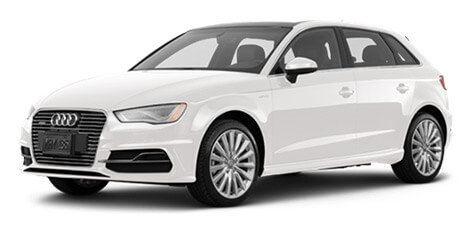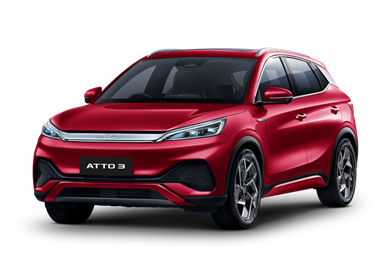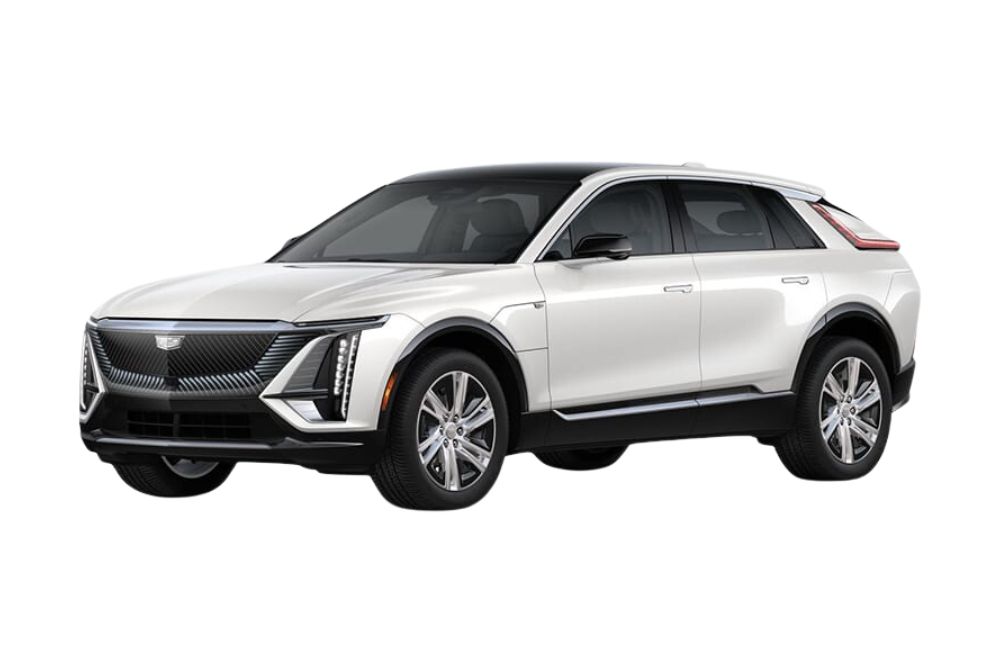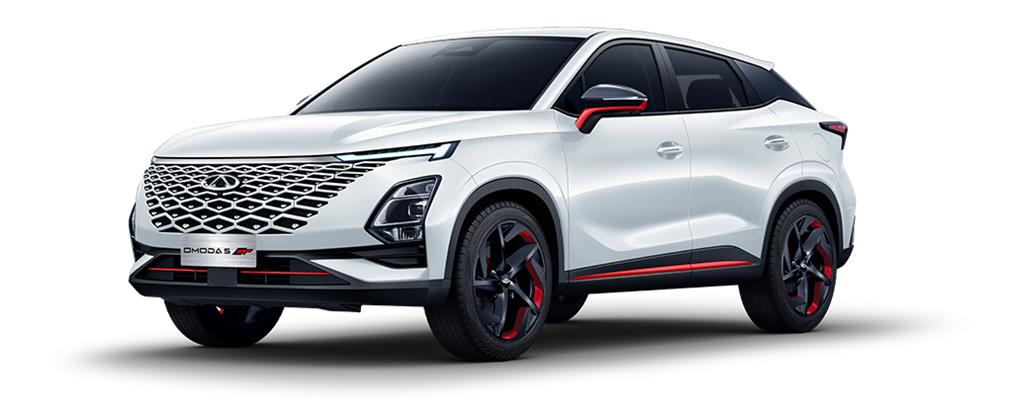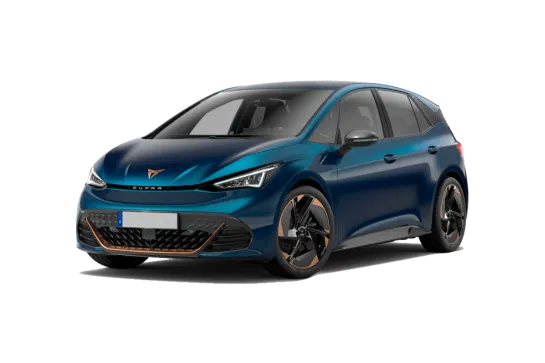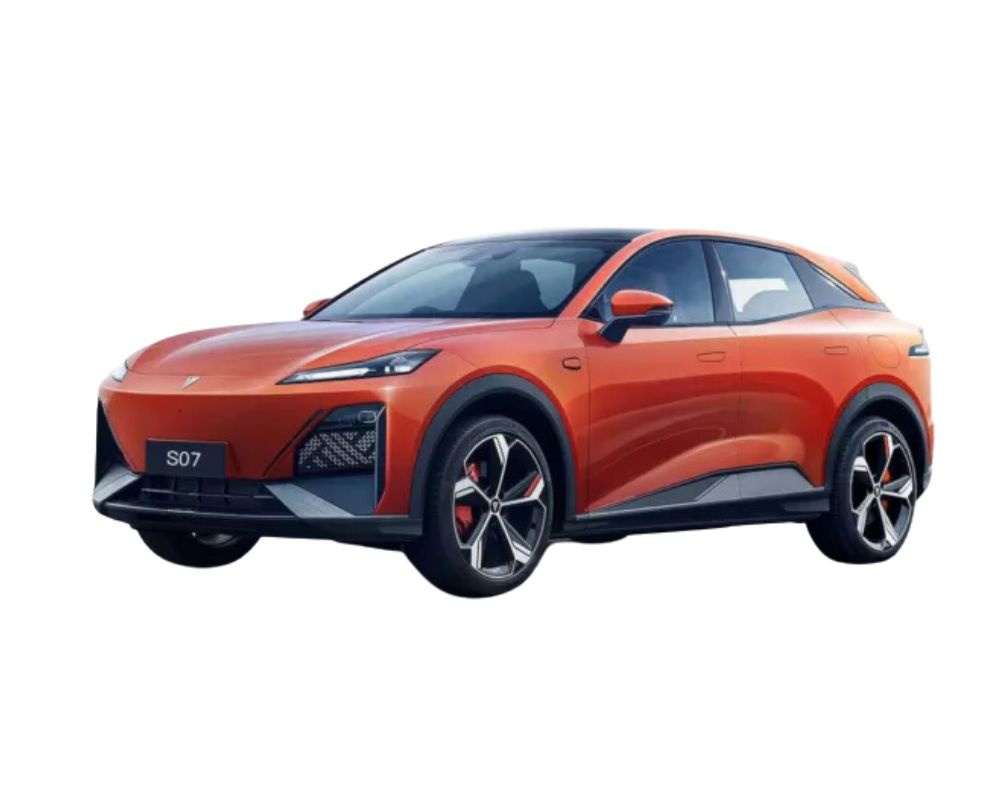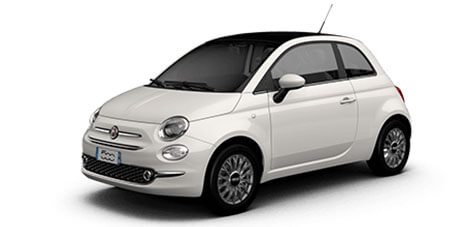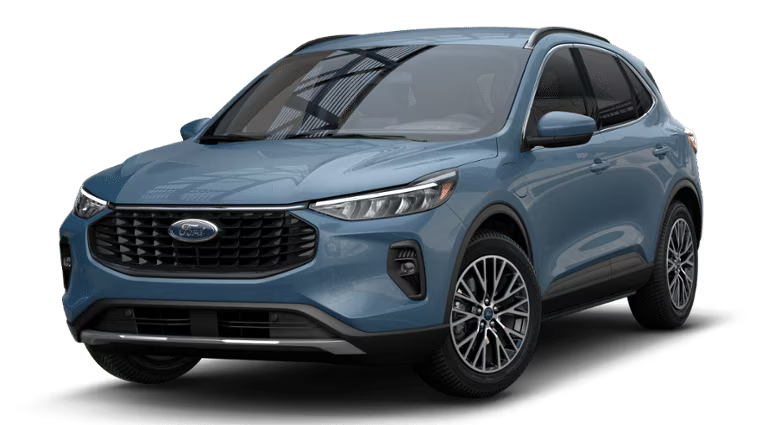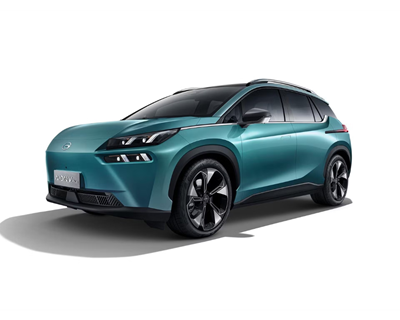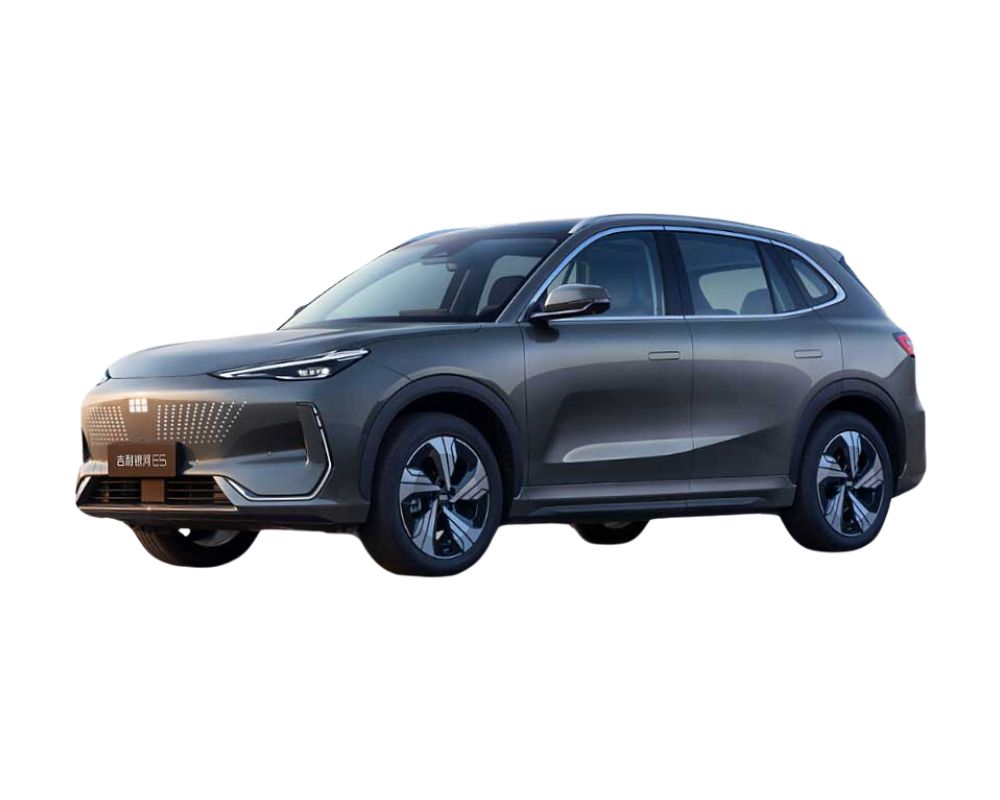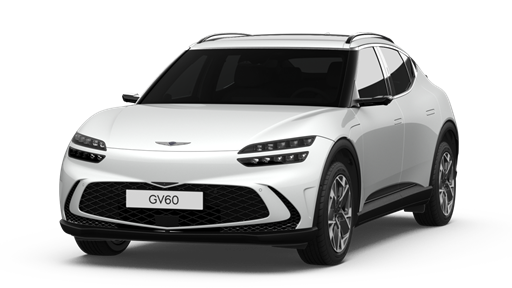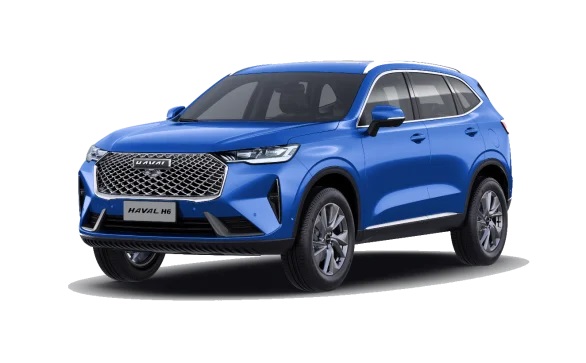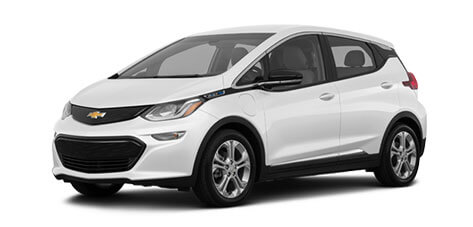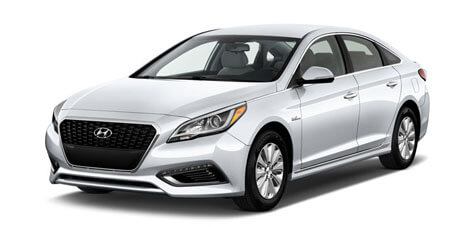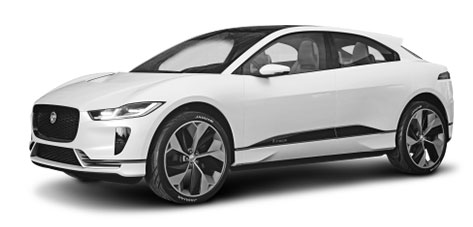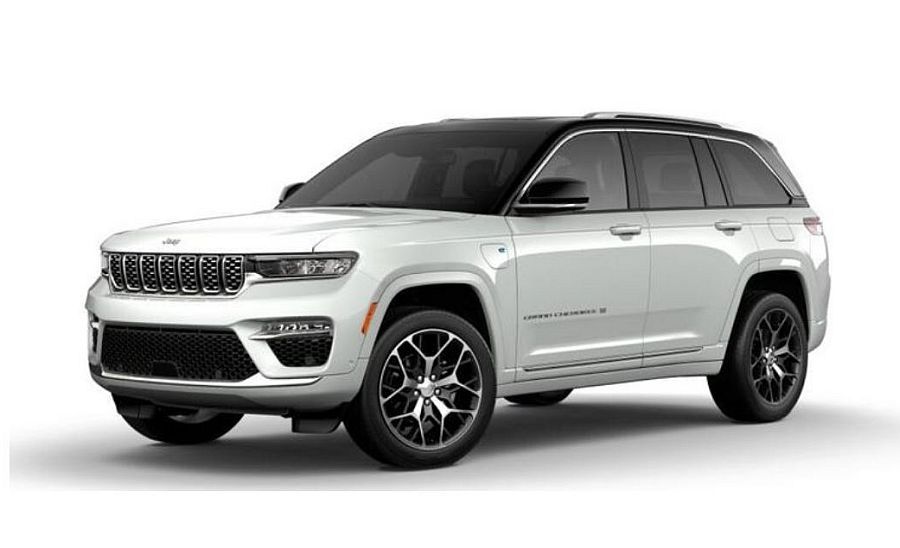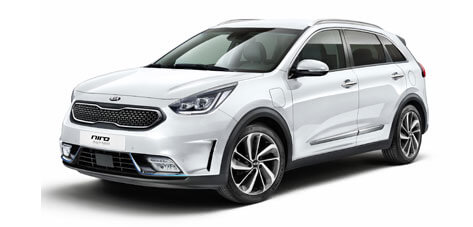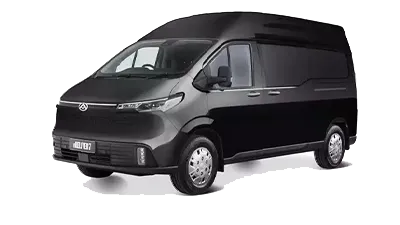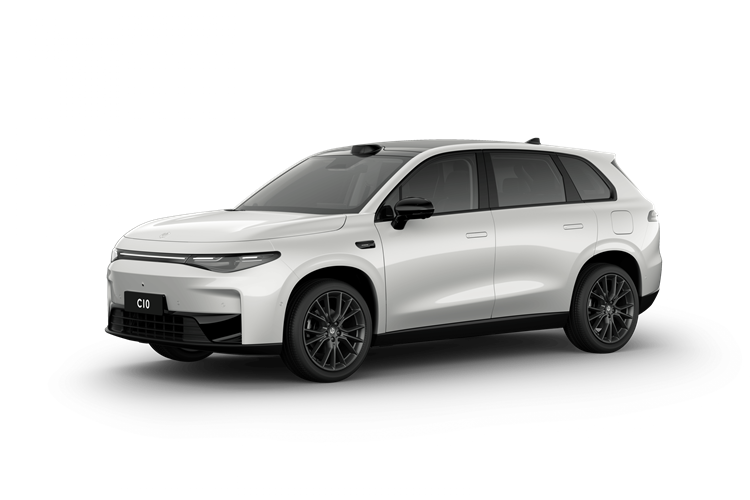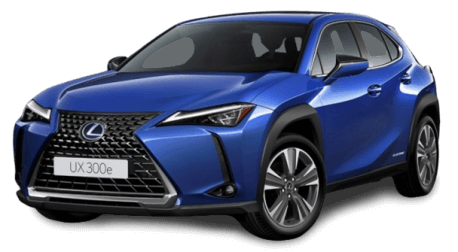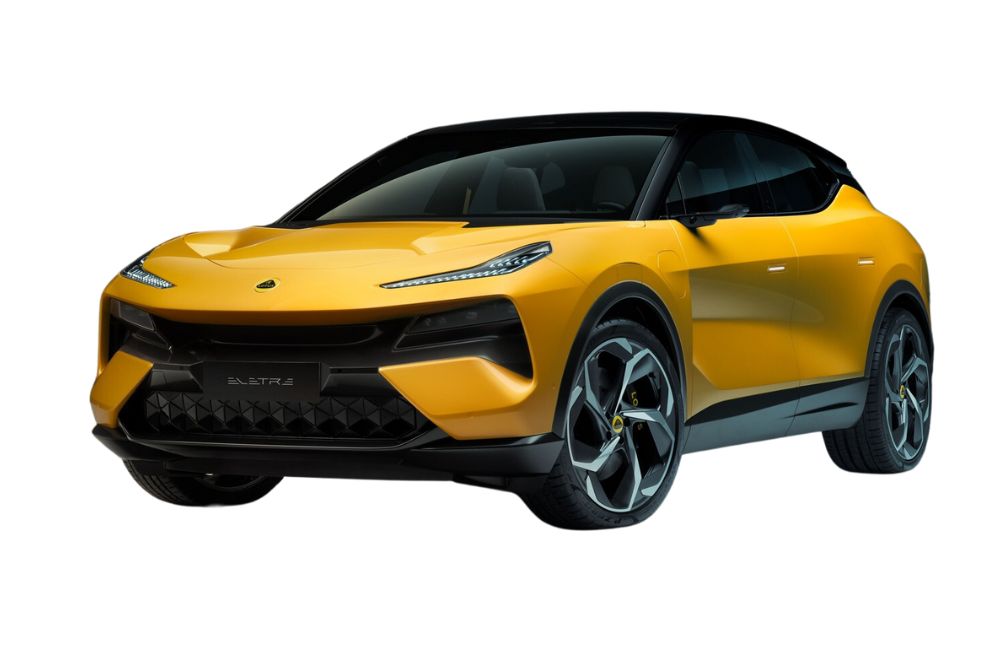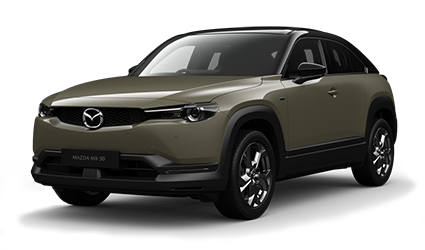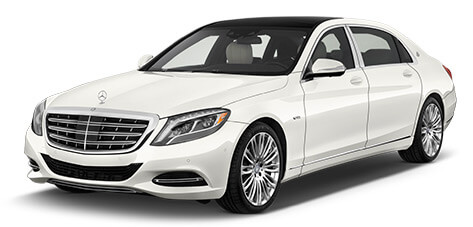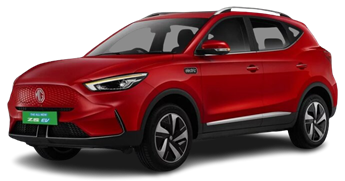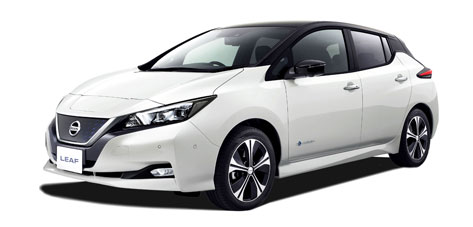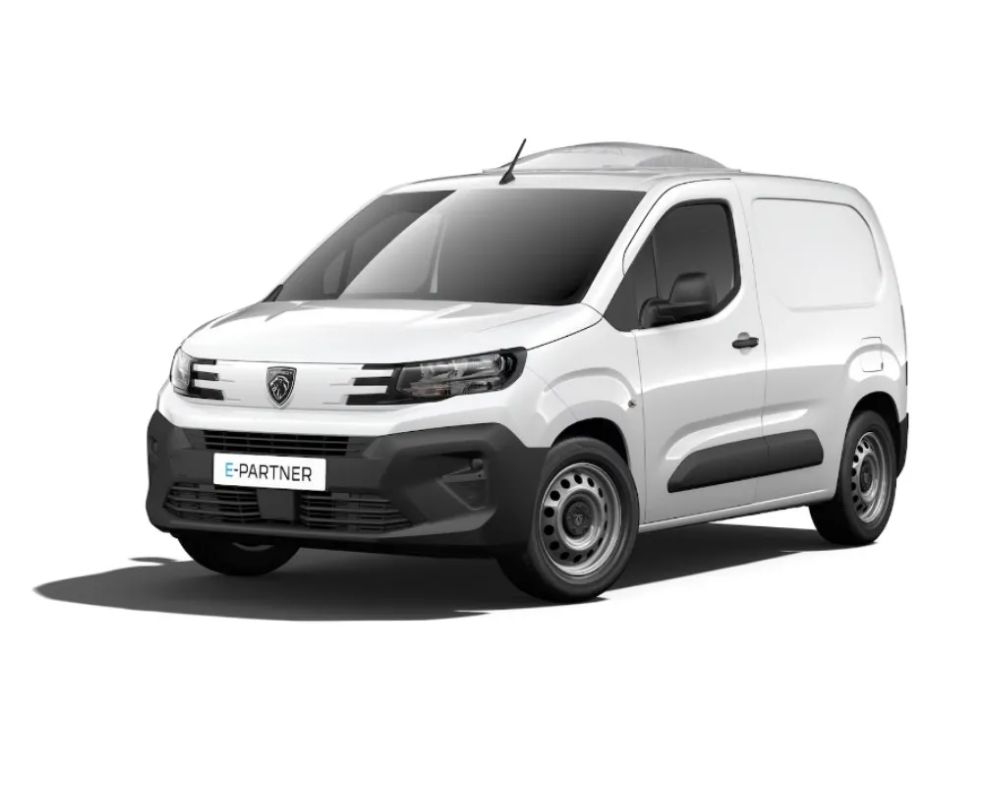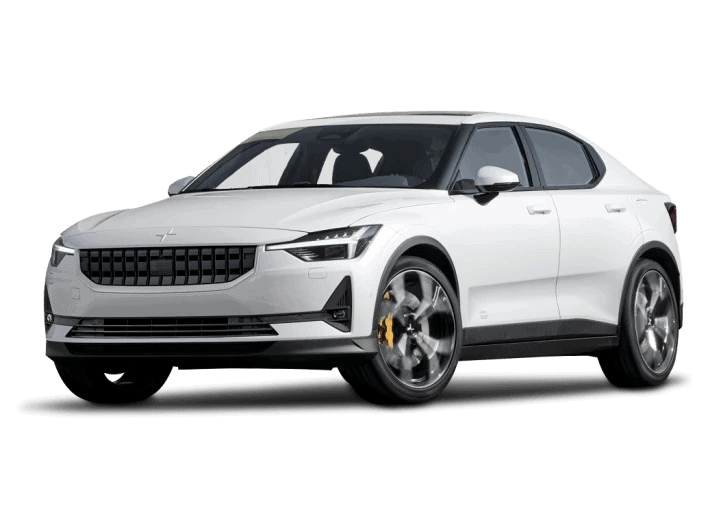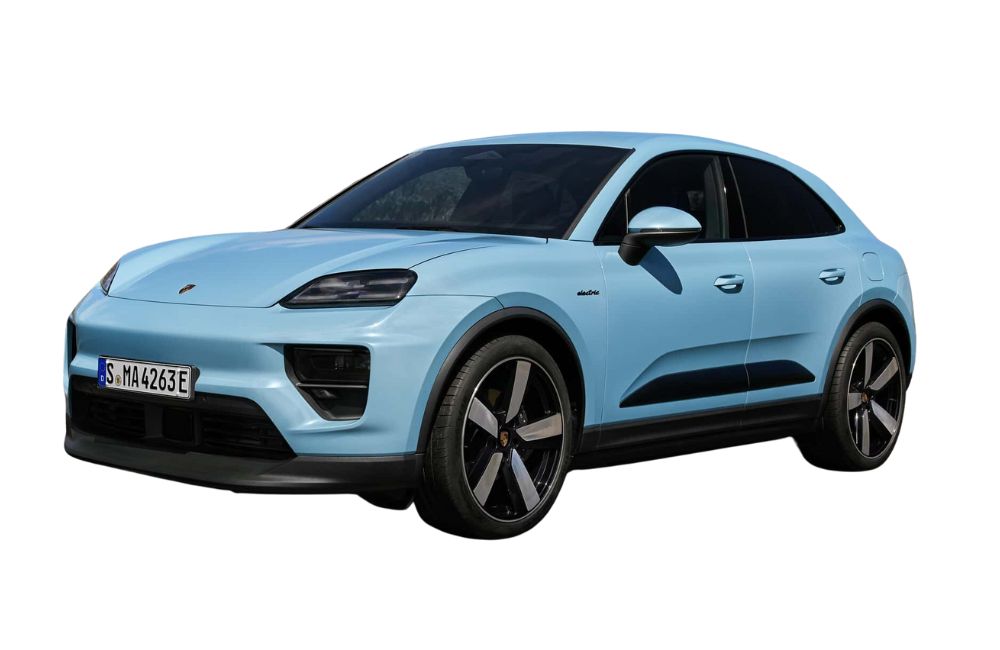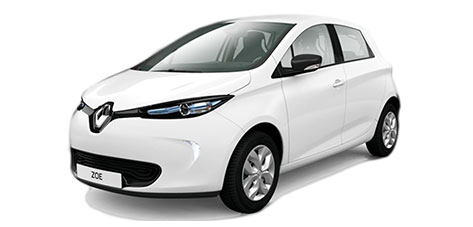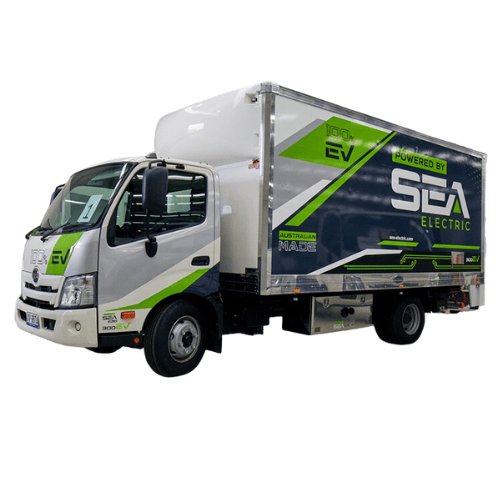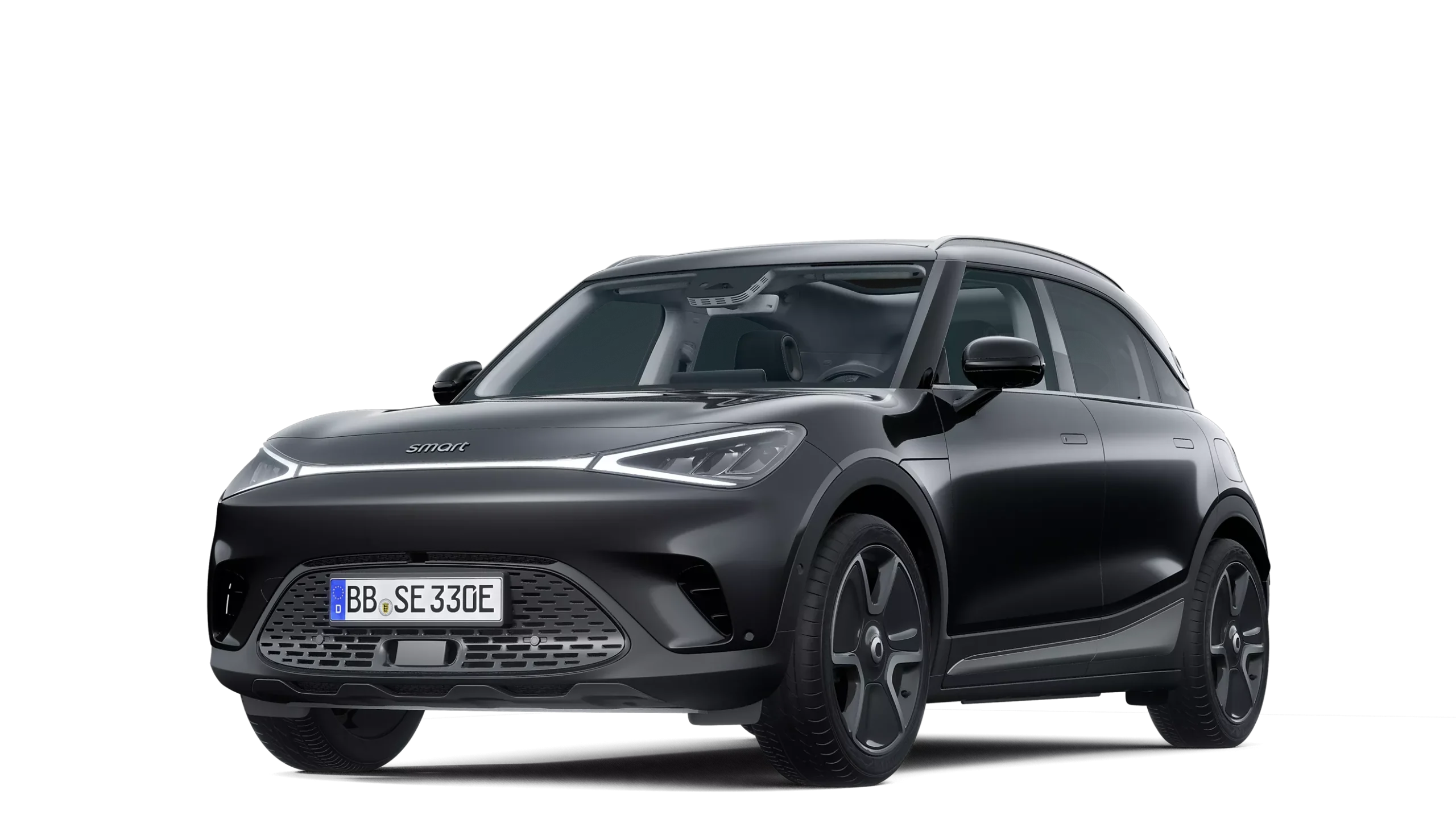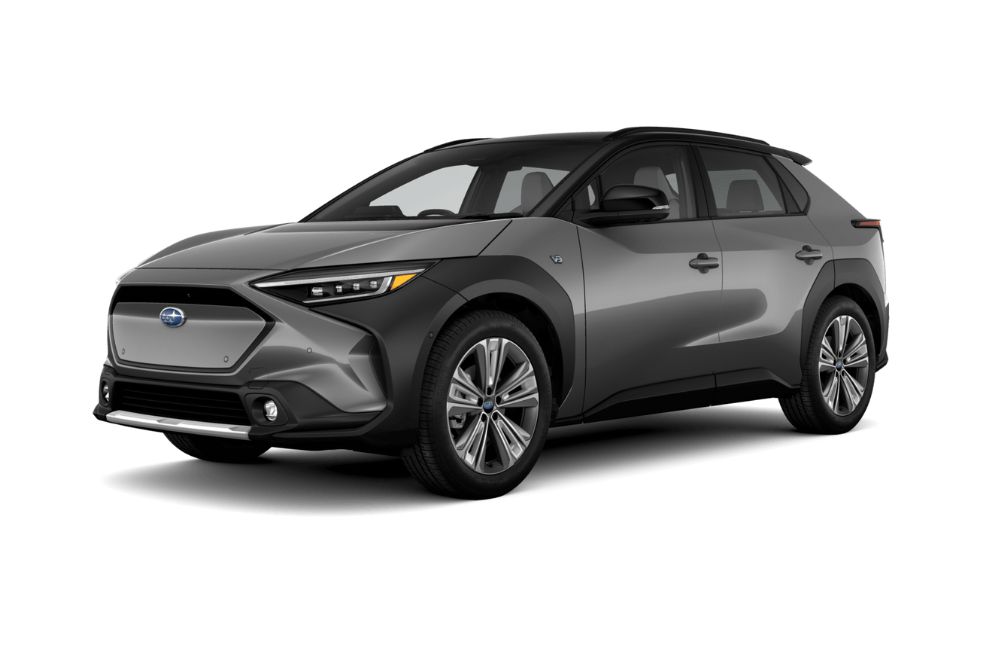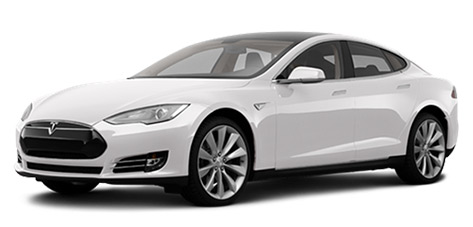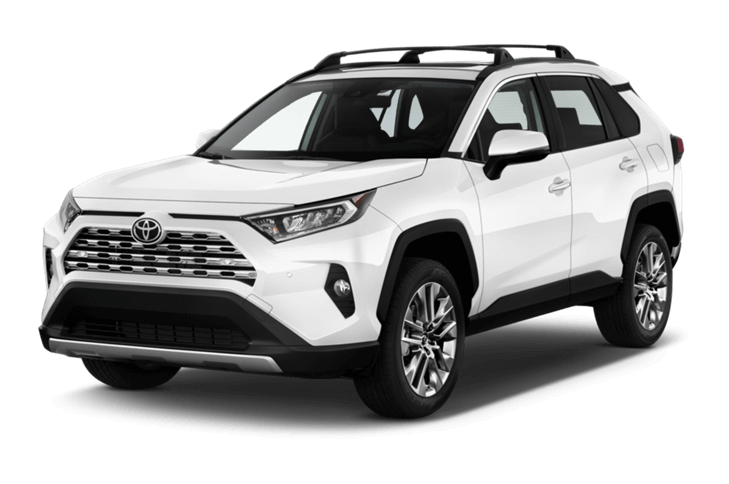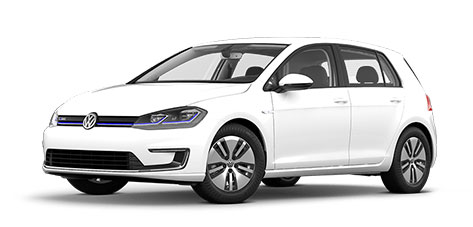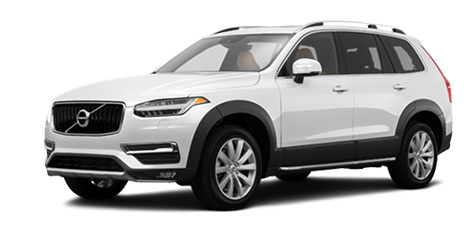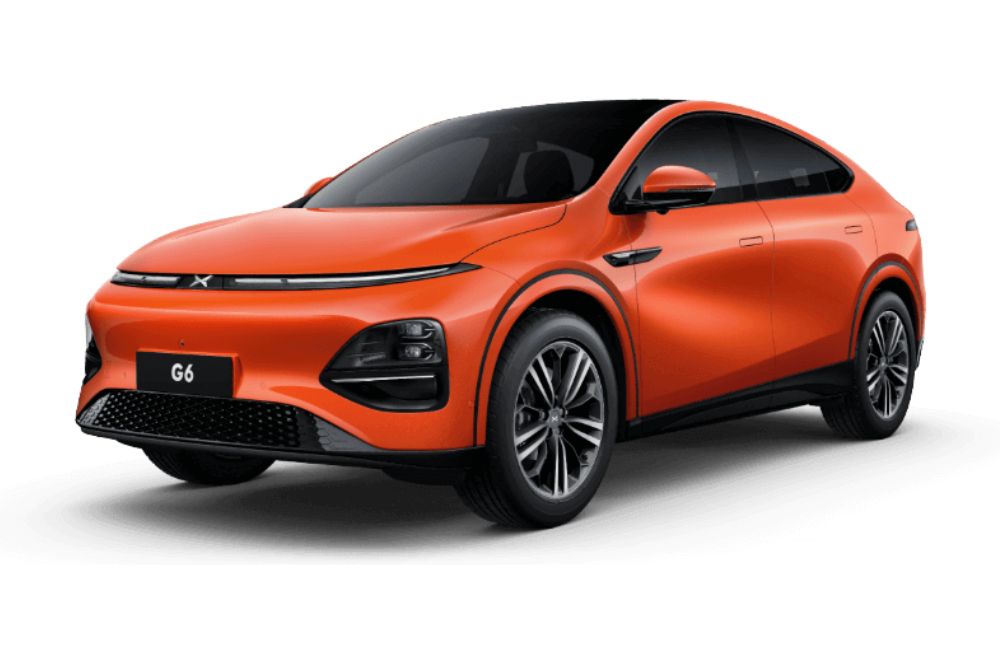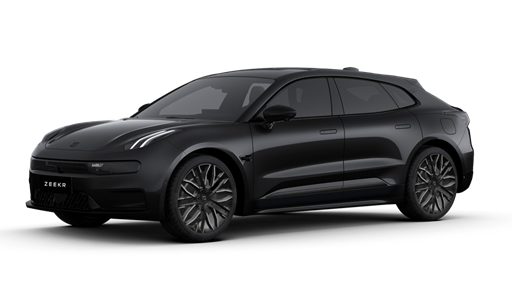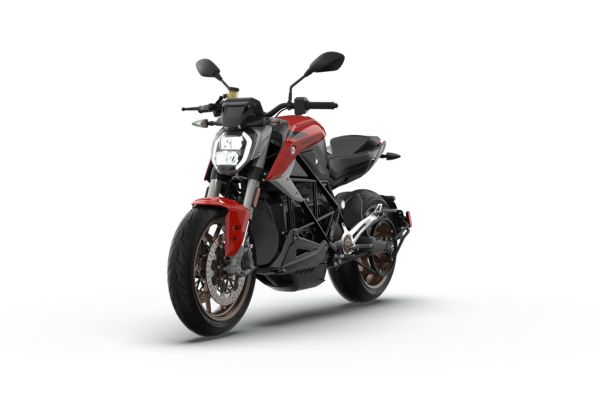Shop EV Chargers
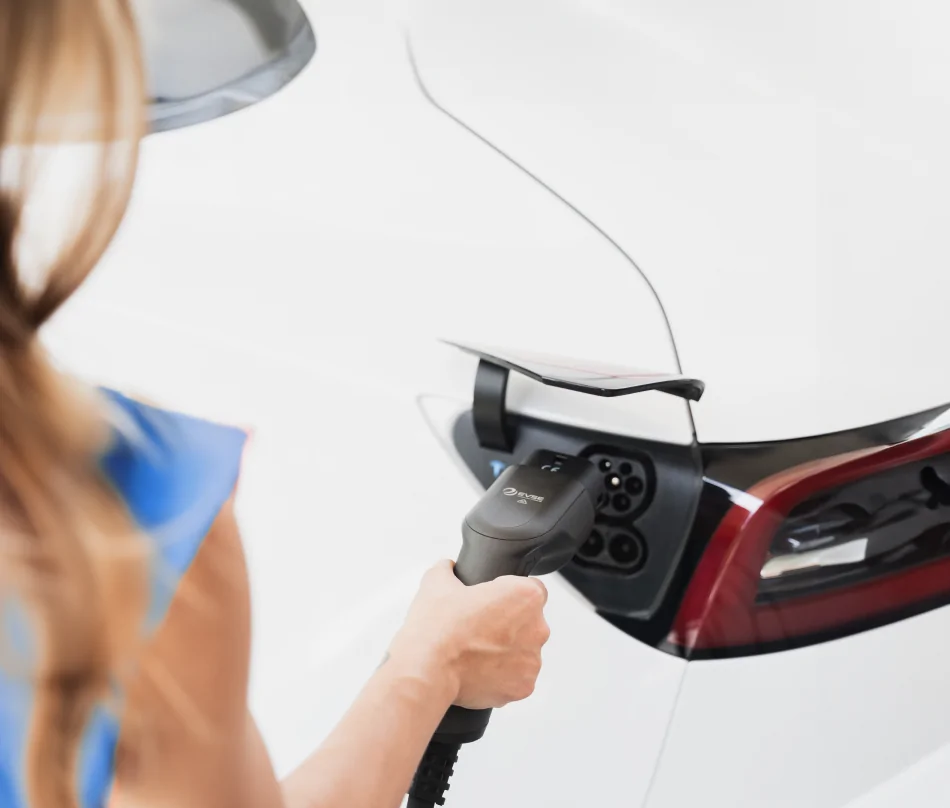
Frequently Asked EV
Charging Questions
Have more questions on electrical car charging? Click here to see our common questions in regards to charging stations and accessories.
Charging times vary by the power of the charging station and the electric vehicle’s onboard charger. Most carmakers recommend installing an EV charging station at home to improve recharging times indicated by kW (charging speed). EVSE delivers safe, affordable & fast charging across Australia.
Level 1
chargers are 240 V or 1.4kW and for most average car models will provide 7.5km -15km per hour of charge.
A level 2
is 3.3kW – 7.4kW 18km – 40km per hour of charge.
Level 2 fast
charger is 11kW – 22kW and provides 45km – 129km per hour of charge.
Level 3
Lastly, there is a DC charger, which ranges from 30kW to 420kW. The charge time varies greatly depending on the charger power and the EV’s limitations. Most cars can expect to recharge within an hour on the low end and faster DC chargers. in under 30 minutes.
If you have your solar connected to your grid, generally the car will charge using the excess solar power available if you charge during the day.
If you want the ability to monitor & adapt the supply from solar and grid, our IQ Home Solar is perfect as it can be wired to your grid and solar so you can see exactly how much power is coming from solar and the grid.
The portable charger is a charging station that can be plugged into any standard Australian outlet and charge the vehicle.
In comparison an EV charging cable allows you to connect to a public universal charging station found across councils, shopping centres and more.
The Ocular LTE Plus is our recommended single phase charger. The LTE can charge your vehicle at up 50km of range per hour of charge. This is perfect as most people plug in their car overnight to ensure they’ll get a fully charged vehicle in the morning. It comes with a 2-year warranty and takes up a very small footprint so it can be installed practically everywhere.
We find that it costs on average 28c per kW to charge your electric car. This of course depends on your energy supplier, source of energy and charging speed. If you have solar on the roof you can take advantage of our smart systems to integrate solar matching or use scheduling to take advantage of off-peak pricing. So if you have a 70 kW battery it will cost $19.6 to charge your EV. This should give you over 400km of range! Great economics.
Yes, the power draw will be limited by the cable meaning a single-phase cable you’ll only be able to draw single phase power from a three phase system
We recommend you download and use an app called Plugshare. It displays every charging station in Australia and therefore provides you with an unmatched overview. If you purchase any of our commercial solutions we will help you place your system onto the national charging map.
AC– The vast majority of modern electric cars use a Type 2 plug otherwise known as a mennekes plug including Tesla. Please note all our equipment is compatible with any model Tesla in Australia. There are older EV’s such as the gen 1 Nissan Leaf which is Type 1. If in doubt ask the team at EVSE or consult our car guide.
DC– Much like the AC port, DC is also rapidly standardising with the CC2 (Combined Charging System) looking like the superior plug standard. The Tesla Model 3 has adopted this plug type also. In regards to CHAdeMO only Mitsubishi and Nissan are still using this plug type.
EVSE products are designed to charger all EV’s in Australia. Including Audi, BMW, BYD, EQC, Honda, Hyundai, Jaguar, Kia, Mazda, Mercedes Benz, Mini, Mitsubishi, Nissan, Polestar, Renault, Rivian, TESLA, Toyota, Volkswagen, Volvo
Level 1 chargers are standard household chargers that use a regular 240V outlet, suitable for overnight charging. Level 2 chargers are faster, requiring a dedicated 240V circuit, and are ideal for home or public EV charging stations. DC fast chargers are the quickest, providing rapid charging for electric vehicles in minutes, commonly found at commercial charging stations.

